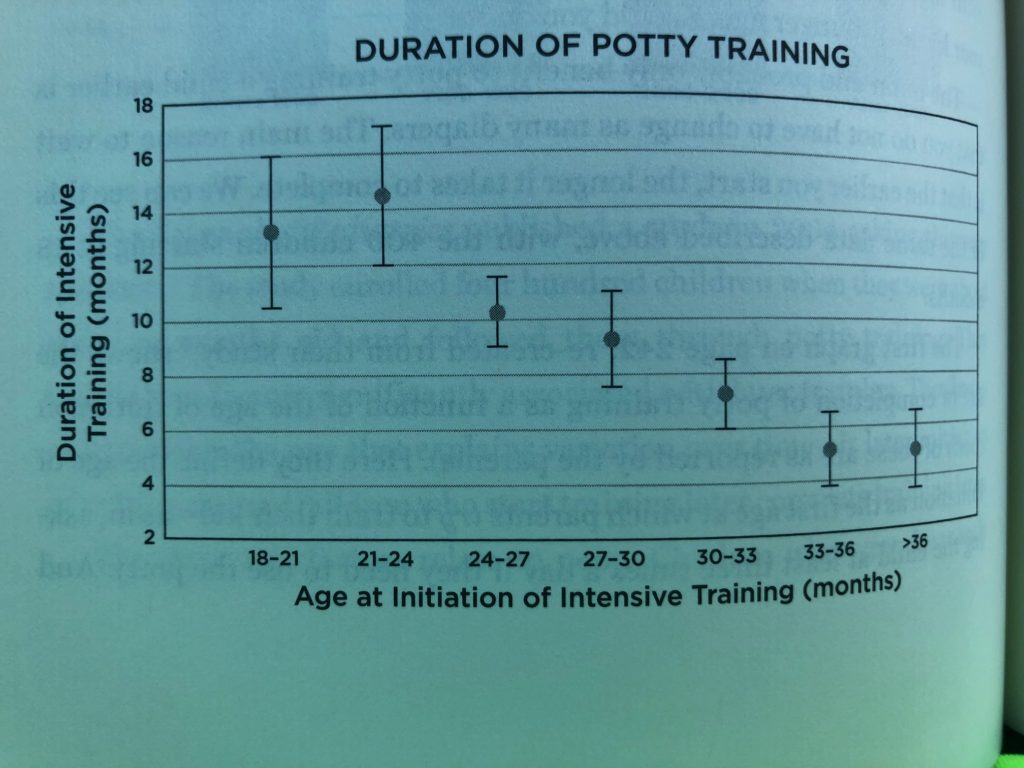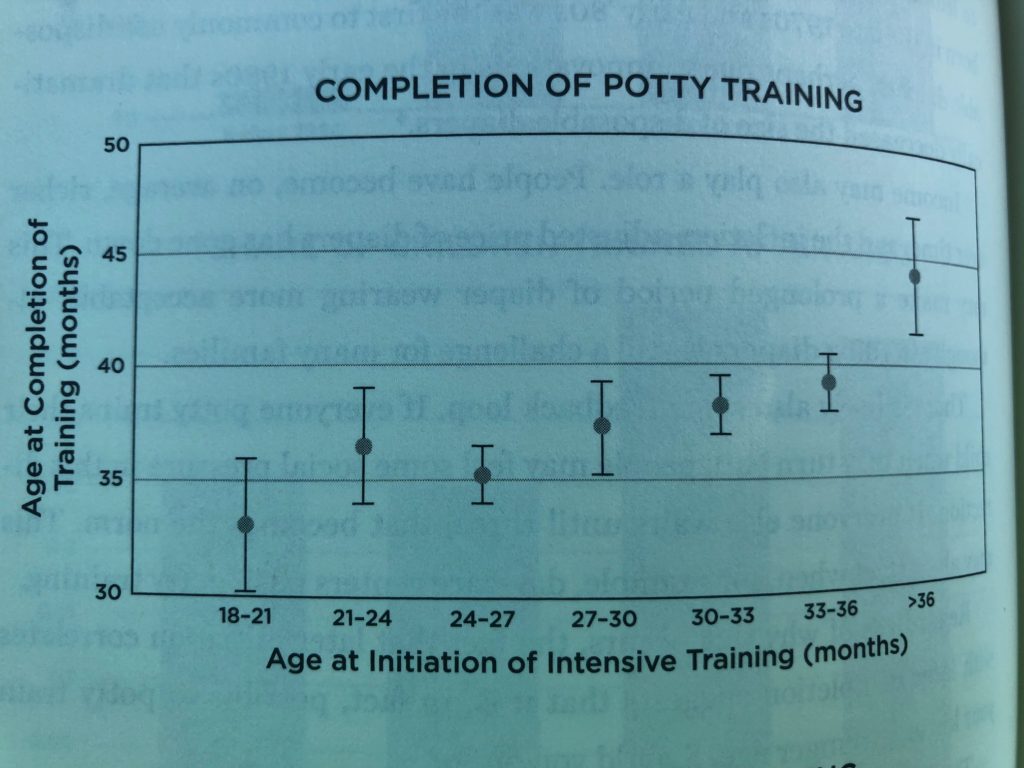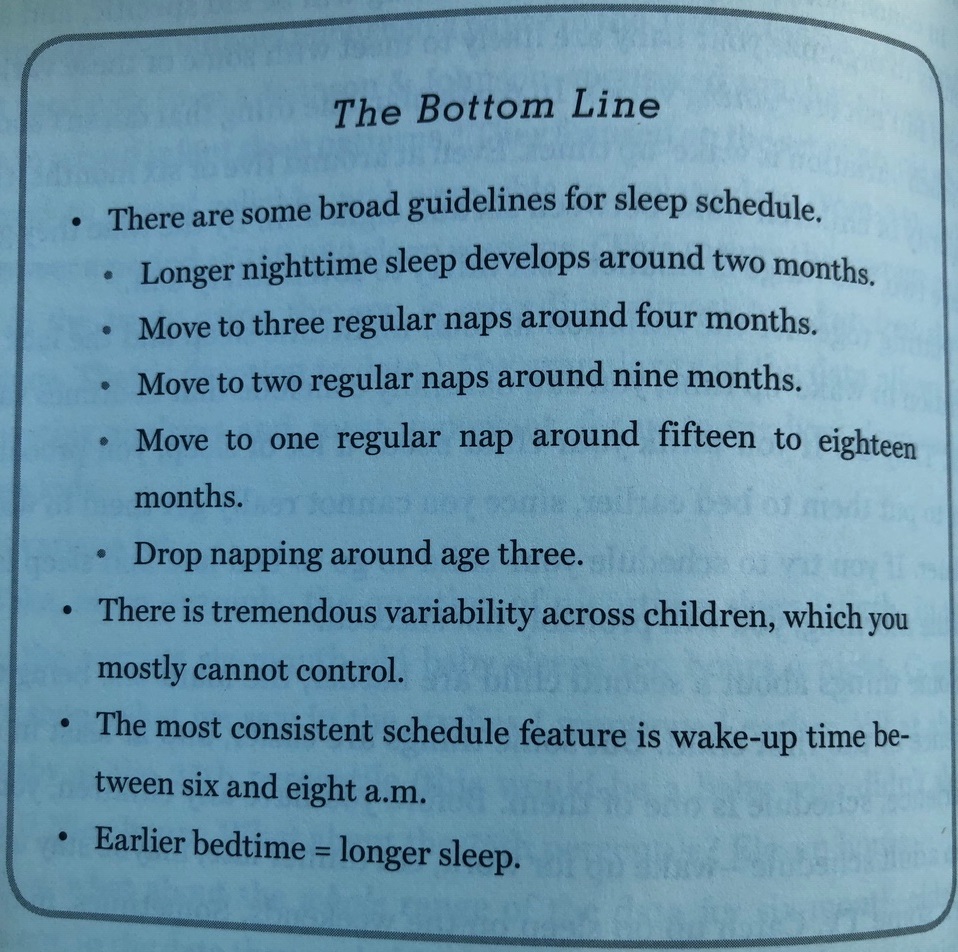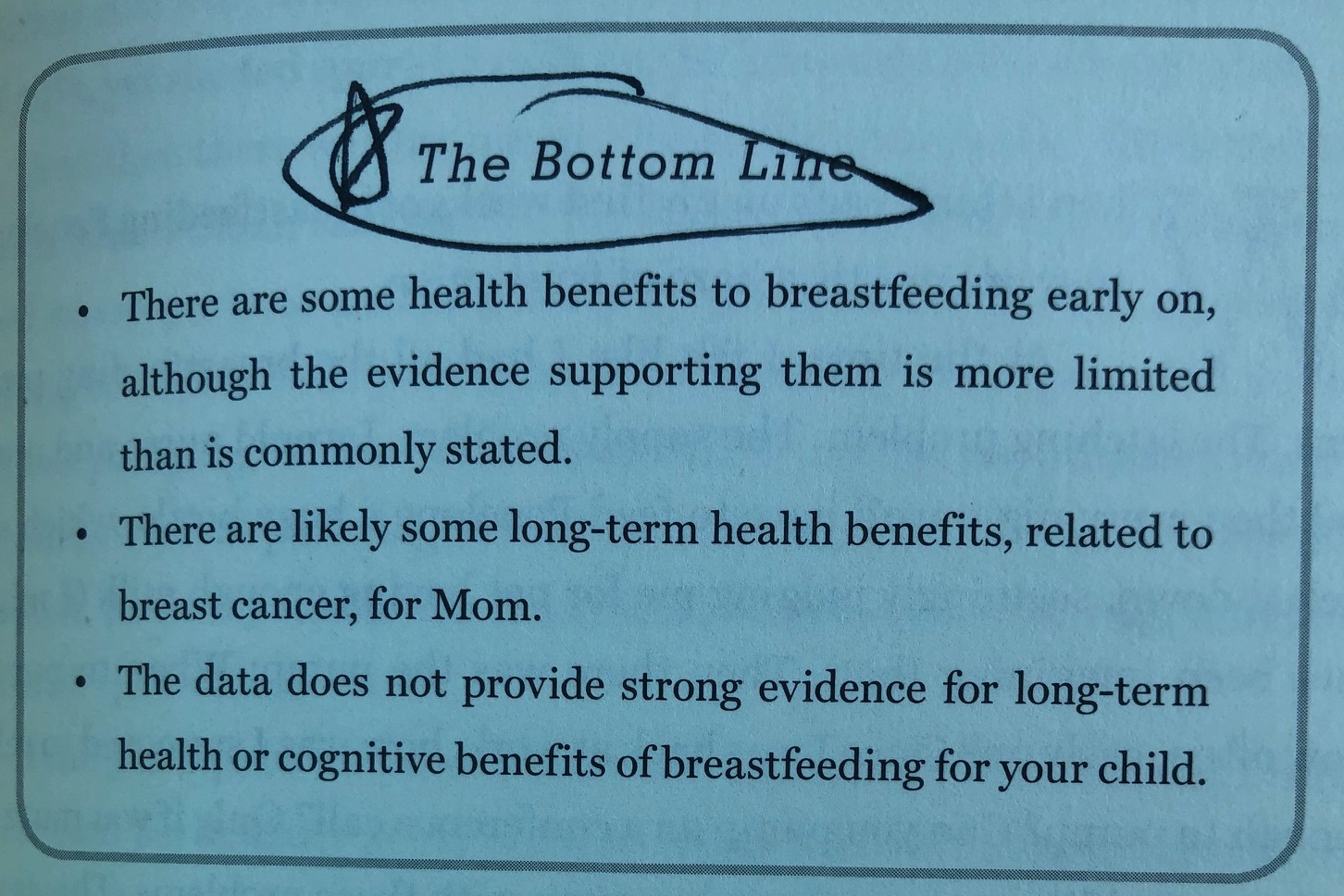Bottom line: This book is excellent. I loved it. I’d put it on my recommended reading list for new parents who want to know what the research really says about the first three years of parenting, from the perspective of a data-driven economist.
Title: Cribsheet: A Data-Driven Guide to Better, More Relaxed Parenting, from Birth to Preschool.
Author: Emily Oster is a Harvard-trained Professor of Economics at Brown University. She previously authored Expecting Better: Why the Conventional Pregnancy Wisdom Is Wrong–and What You Really Need to Know, a data-driven guide to pregnancy. She’s a highly successful, academic empirical microeconomist (say that five times fast…!).
Here’s her brief bio and motivation, as written in the book’s introduction:
“I’m an economist; a professor whose work focuses on health economics. In my day job I analyze data, trying to tease causality out of the relationships I study. And then I try to use that data inside some economic framework – one that thinks carefully about costs and benefits – to think about decision-making…
I also try to use these principles in decision-making outside the office and the classroom. It probably helps that my husband, Jesse, is also an economist: since we speak the same language, it gives us a framework to make family decisions together. We tend to use economics a lot in the household, and new parenting was no exception.“
Emily Oster (2019), Cribsheet: A Data-Driven Guide to Better, More Relaxed Parenting, from Birth to Preschool, Penguin Press, pages xvii-xviii. Emphasis added.
Synopsis: The book takes a unique approach by combining an economist toolkit for reviewing and evaluating research with practical, experience-driven tips and advice on the first three years of parenting.
The book is broken into four sections, starting from Day 1 after your baby is born:
- In the Beginning: The first few days
- The First Year: The first 12 months
- From Baby to Toddler: Year 1 to Year 3
- The Home Front: Your new home life as a parent
The book tackles a number of critical issues that often trouble and confuse new parents. We’ve all heard so much “conventional wisdom” in both directions on many issues that we don’t know what to think. Oster comes to the rescue by providing an empirical evaluation of the research on each topic. Here were some of my favorite chapters:
- Chapter 4: What are the benefits of breastfeeding, if any?
- Chapter 6: What are the best sleep arrangements?
- Chapter 8: Should we vaccinate our kids? [hint: yes]
- Chapter 9: What is the impact of staying at home versus working?
- Chapter 10: What childcare arrangements are best?
- Chapter 17: What discipline approaches work best?
- Chapter 20: How many kids should we have?
- (On the last chapter, see my own take on this one: The First Fundamental Theorem of Family Size)
For each topic, Oster presents (1) what published research is out there, (2) a methodological evaluation of that research, (3) the core takeaways from the research, and (4) how to think about the findings in the context of other practical considerations of being a parent.
The book contains a number of excellent charts that help unpack the issues. For example, I loved the following figures on the duration of potty training by start time (who knew…?):


I found these fascinating, and conveniently relevant to my youngest son turning 2-years-old next month. Here’s an example summary Oster provides on the potty training duration findings — a very practical takeaway from the empirical research:
“The authors suggest that if what you care about is when potty training is done, there is not much point to starting before twenty-seven months or so. But it is the case that after this, starting earlier does generally mean finishing earlier. If you start training at twenty-seven or twenty-eight months, you can expect to be done by around age three, but it will take ten months to do it. If you start at age three, you finish later, but it’ll likely take you less than six months to fully train.”
Emily Oster (2019), Cribsheet: A Data-Driven Guide to Better, More Relaxed Parenting, from Birth to Preschool, Penguin Press, page 243.
Each chapter ends with a condensed “The Bottom Line,” which summarizes the main takeaways from the research and practical advice. Here are two examples on sleep patterns and breastfeeding:
Sleep Patterns

Breastfeeding

My take: Overall, the book is a brilliant yet accessible synthesis of empirical research, parenting tips, real-life experiences, and humor that any parent can appreciate and learn from. I loved it and finished it within a few hours of receiving it earlier this week.
For a new parent and/or non-economist, this is a great way to introduce yourself to an economic and Bayesian way of evaluating parenting research. Oster provides a succinct “on the one hand” / “on the other hand” on each issue, and then offers a balanced review of the research with concrete takeaways. Getting the benefit of all her hard work is invaluable.
As an economist and experienced (ish) parent, I was able to get the gist of what she was saying very quickly and jump right to the punchline. After reading a few chapters in detail, I was able to skim the text and read the “Bottom Line” conclusions to see her overall evaluation and advice. I found these summaries to be extremely helpful for absorbing what the published research says about each issue.
Unfortunately, my children are a bit old for much of this advice — currently at ages 9, 7, 5, and 1. For many of the recommendations, I had either: (a) already formed a view on the trade-offs and conventional wisdom, or (b) missed my opportunity to implement the insight from the research. By the time Oster writes her next book about the preteen years, my kids will be going to the homecoming dance.
An amusing paradox of parenting is that by the time we learn all of the tricks and solutions, our kids are grown and can no longer benefit from them. And then, at that point, our friends with younger children don’t want to hear about them (or, god forbid, parenting advice from our own parents). Oster’s book gets ahead of this phenomenon by giving a no-nonsense evaluation of parenting before your kids are too old to benefit from your learning.
So, if you’re a new parent, don’t miss this opportunity to review Emily Oster’s detailed research and practical advice on the first three years of parenting. I highly recommend it for new parents with an affinity for economics, statistics, and data-driven decision-making.
